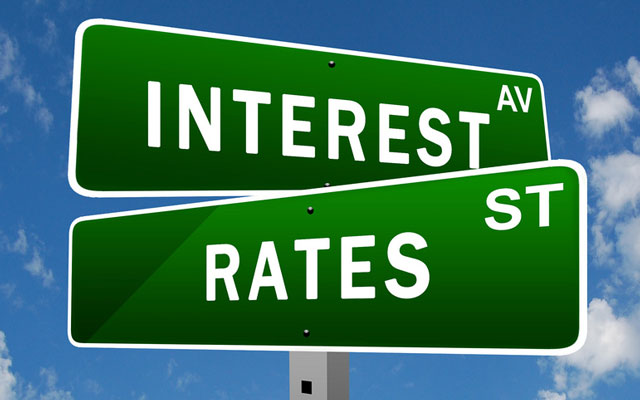
South African policy makers will probably leave interest rates steady on Thursday without calling an end to the rate-hike cycle as uncertainty from Donald Trump’s election as US president to local political turmoil keeps the rand volatile.
Inflation that’s slowed from a peak of 7% in February and an economy at its weakest state since a recession in 2009 prompted the central bank to hold the benchmark rate at 7% since March. All 19 economists in a Bloomberg survey said the Monetary Policy Committee will keep borrowing costs unchanged on Thursday after raising rates by two percentage points since January 2014.
“I don’t expect any form of surprises, except to hear a lot about the uncertainties,” Elize Kruger, an economist for KADD Capital in Johannesburg, said by phone. “Where we are now, the option for a hike should not even be considered. Given the state of our economy, I don’t think they will even discuss that.”
South Africa’s currency slid the most in five years after Trump won the election on fears his spending plans could fuel US inflation and spur faster and more Federal Reserve rate increases.
That boosted South African price expectations and stoked investors’ bets that domestic borrowing costs will have to climb, even as the economy struggles to recover from the worst drought in a century, lower commodity prices and weak global demand.
Tighter fiscal policy as the national treasury seeks to rein in spending and debt, and stave off a downgrade to junk status by S&P Global Ratings, has also removed room for the central bank to act against inflation that’s at the top end of its 3-6% target band.
A government report on Wednesday will probably show inflation accelerated to 6,3% in October from 6,1%, according to a Bloomberg survey of 19 economists. The central bank projects inflation will return to its target by the second quarter of next year.
The rand remains the biggest risk to the Reserve Bank’s forecast.
A decision by South Africa’s chief prosecutor to charge finance minister Pravin Gordhan with fraud — before dropping the case three weeks later — jolted the currency. Then an almost 10% decline within days of Trump’s victory in the 8 November election boosted domestic break-even rates, a measure of inflation expectations, by 41 basis points over four days to 6,53%, and led investors to price in a half percentage point rate increase within a year. A partial recovery in the currency has pared those bets.
“The Reserve Bank has also assessed that the rand remains vulnerable,” Kamilla Kaplan, an economist at Investec, said in an e-mailed note to clients. “In the event of a period of sustained rand depreciation, the risk of another interest rate hike in 2017 cannot be completely precluded.” — (c) 2016 Bloomberg LP




